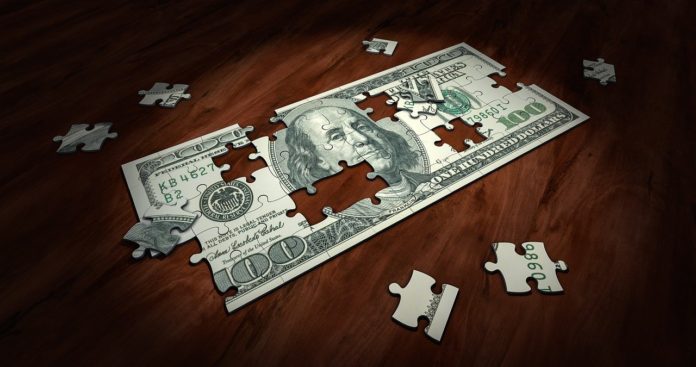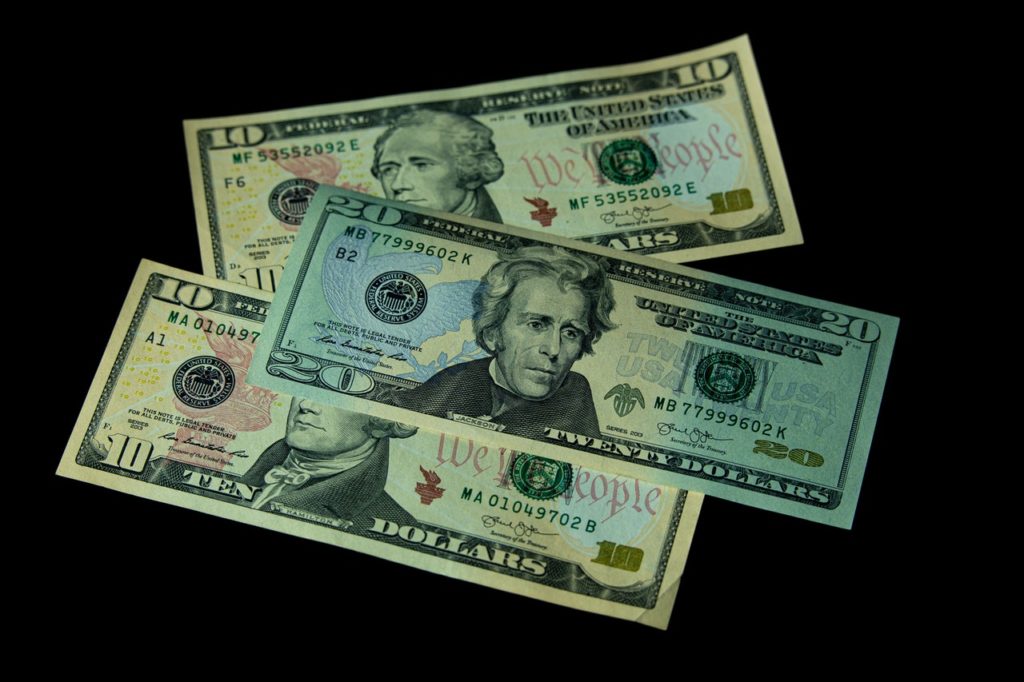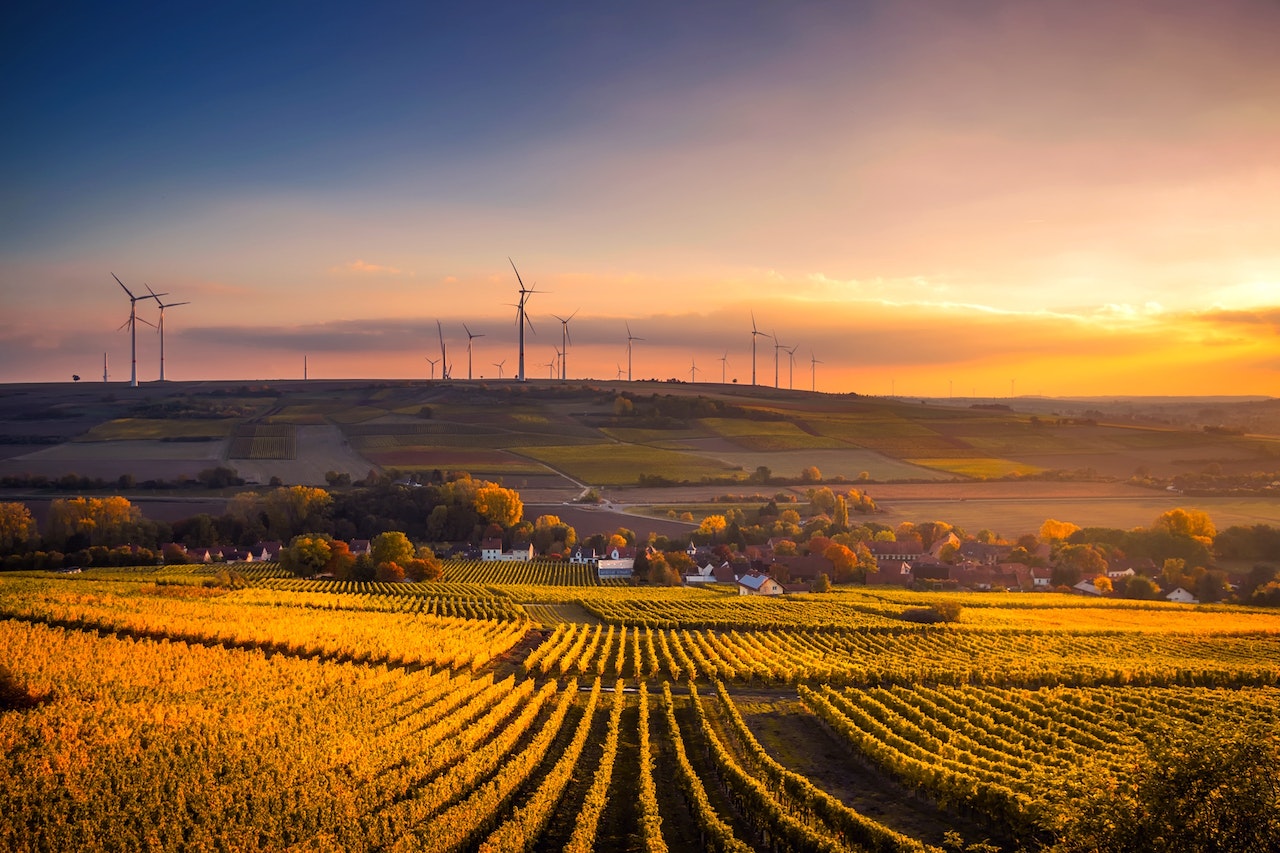
I outlined this question late in the evening (although closer to morning) while returning from weird night out, as I was thinking about how fragile this society is and how everything functions solely based on the principle of people constantly buying new things. And so, the curious idea came up in my head – what would happen if we just stopped buying non-essential stuff for an extended period? Obviously, we unwillingly received part of an answer to this question in 2020 with the coronavirus pandemic since society almost completely stopped. Okay, to be fair, not everything stopped – we still had the chance to buy groceries, and most online shops worked just fine. Amazon (and similar companies) even profited from lockdown.
But what would really happen if the majority of people stopped buying everything except the necessary food for some time? In short, economies would probably collapse, many people would lose jobs, and the ripple effect would continue in all industries and aspects of society as we know it. But let’s dig deeper into potential consequences for society and what could be changed in this predominantly materialistic world, which is on a constant shopping spree.
Related: What Would Happen If Everyone Was Rich?
Let’s imagine a scenario that by some agreement or revolution majority of people around the world jointly decide that they will stop shopping for all non-essential things. In the first couple of days, things would become slightly weird. You would see no one strolling pointlessly around shopping centers. Clothing stores would be empty, tech shops would be empty, and people would go out more to socialize. By week two, most politicians, store owners, and Jeff Bezos would become very stressed and worried.
Different media companies and streaming services would also become very anxious. I mean, Netflix surely fits into a category of non-essential things (or services). The results of zero Netflix usage equals even more people in nature, on the streets, socializing with each other. All good so far, for the most part. However, progressing into the second and then third week of decreased compulsive buying, many store owners would start to think about laying off some of their employees who are basically doing nothing all day. We’re just at the beginning, and most consequences for current society are just starting to show on the surface.
See also: The Great Tariff Shock of 2025: Trump’s Trade War – Who Wins, Who Loses, What’s Next?
Economy?

But what about the overall economy on a global scale? First, let’s see how much on average is being spent on food which is for sure essential spending. According to the US Department of Agriculture (USDA), Americans spend around 6.4% of their income on food. In different countries, those percentages are very different, but the general rule is – more developed the country, the less percentage of their income is spent on food. Actually, per World Economic Forum data, there are only eight countries in the world that spend less than 10% of their income on food. Those are Austria (9.9%), Ireland (9.6%), Switzerland (8.7%), UK (8.2%), Canada (9,1%), Singapore (6.7%), Australia (9.8%) and US with beforementioned 6.4%. On the other hand, there are many countries which spend much more on food. Nigeria spends over half of its household income on food, and there are nine other countries that spend over 40% on food. Four of them are in Africa: Nigeria (56.4%), Kenya (46.7%), Cameroon (45.6%), and Algeria (42.5%). Four are in Asia: Kazakhstan (43.0%), Philippines (41.9%), Pakistan (40.9%), and Azerbaijan (40.1%).
Based on that, we can take a ballpark number and say that usually, on a worldwide level, households are spending around 20% on food. It could be less; it could be more, but it is not very relevant for this argument. What is relevant is that if everyone stops spending money on non-essential things, there would be at least 50% of money missing in the system. Consequently, there would be less money taken by government taxes, less revenue for many companies, less profit, and a really big impact on every country’s GDP. In that manner, let’s pretend that overall yearly spending in the world is 100 trillion dollars. If 20 trillion is being spent on food and an additional 20 on housing, then around 60 trillion is saved in this hypothetical scenario. That means these 60 trillion is missing from the spending part of the economic system.
That’s very significant. Just imagine if all people decided to put that saved money in the bank. It is clear that banks would go bankrupt. Why? Well, because banks rely on a system where most people are spending more than they earn, and thus they go into debt, and we all know that banks earn money when they have many clients who are in debt. In this reverse case, banks would need to give interest money to clients and not vice versa. Then, of course, banks would declare that interests are going to become negative, which should, in turn, trigger people to start spending those savings.
See also: What Would Happen if California Became Its Own Country?
Sustainable life

However, in our imaginary scenario, all people decided that they would not spend their money on unnecessary things under any circumstances. So, the problem becomes even bigger. Banks are on their knees. None of their historic strategies work anymore – people are stubborn, and they refuse to spend. What would happen next? Well, after a prolonged period of time, many people in every industry except food would lose their job. Then the riots would start as those people would spend their savings, and then they would not be able to buy even food. Then, in turn, some of the jobs in the food industry would also be lost. And so it goes. You can probably imagine that there would be wars on the streets.
But there is one big IF here. Maybe people would decide to start living self-sustainable life, meaning they produce everything they need. Because for a happy life and non repetitive life we really don’t need a new iPhone, nor do we need to travel every month to the new destination. Maybe if that thought were seeded in enough people, then just maybe this new system of slightly less spending would work. And then perhaps we would discover that we’re much more than simple spenders and consumers, and we would rely more on discovering ourselves and our meaning in this world because we could all agree that the majority of things we buy are only distractions from discovering our true self.
This is in some way romantic and utopian contemplation from my side, but I really think that people are meant to do more than work all day and then spend hard-earned money on new shiny things which are irrelevant in a couple of months. This is the endless circle (see post about Matrix Life) which doesn’t stop ever. The more money you earn, the more gadgets you want. This is called lifestyle inflation. And in a very simplistic manner, this is how our economies around the world are still running like clockwork even though everybody is in debt to everyone else. Basically, it’s like a pile of cards on the verge of collapsing, and the only glue keeping everything together is the masses of people buying new things every day.
Note: If you’re interested in similar articles, on topic of “What would happen if”, you can check:
-
- …and many more.



























